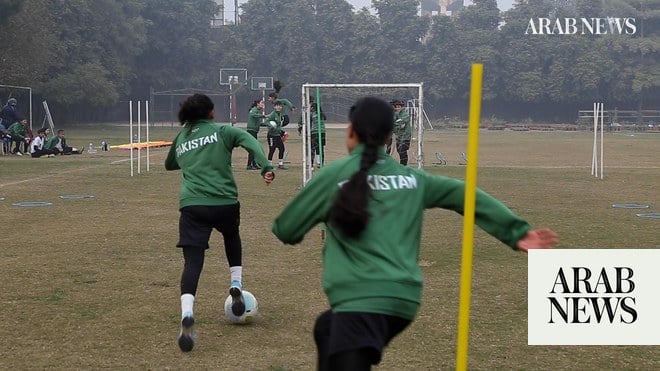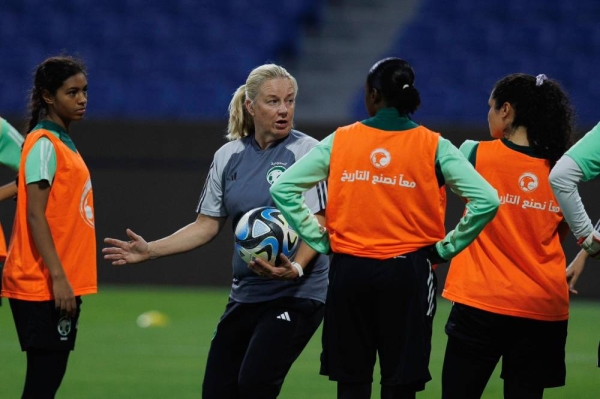
Prospects for expansion of Test cricket for women received lukewarm responses from ICC committees after recent meeting in Dubai
In Dubai, between April 7 and 10, the International Cricket Council board and various committees met face to face.
Among matters up for discussion were women’s Test cricket, a proposal by Pakistan for a four-nation tournament, cricket in Afghanistan, qualification pathways for future events, neutral umpires, and committee membership.
Prior to the meetings, Ramiz Raja, chair of the Pakistan Cricket Board, had been floating the concept of an annual four-nation tournament comprising Pakistan, India, Australia, and England. Revenues of $750 million for five years were projected, with funds being spread more widely then the four competing countries. All parties were aware that a members participation agreement was in place that did not allow any member nation to host more than a tri-nation competition. Hence, Raja proposed that the competition should be run under the aegis of the ICC.
There did not seem to be any consideration taken of the impact upon players, who are already subject to a crowded playing calendar, albeit one which makes them wealthy individuals. The driving force appeared to be the PCB’s desire to generate more income and provide an additional platform for its national team to play India, given that their respective boards and governments have not been able to reach an accommodation to play each other in their home territories.
Raja was appointed by Imran Khan when prime minister of Pakistan. Khan’s removal from office on April 10 may place Raja’s position in doubt.
Irrespective of this, the ICC board did not accept the proposal on the grounds that, even if the tournament were to be played under the ICC banner, it would run the risk of devaluing the council’s own marquee events. In particular, the ICC’s financial and commercial affairs committee was against the proposal. The Board of Control for Cricket in India was also clear that such a proposal did not sit well with its already packed calendar, which has a number of bilateral commitments to honor.
Further evidence of India’s power can be seen in the induction of the BCCI’s secretary, Jay Shah, onto the ICC’s cricket committee as full members’ representative. The chair of the committee is the current president of the BCCI, Sourav Ganguly, who is also a member of the financial and commercial affairs committee and an ex-officio member of the ICC’s chief executives’ committee, on which Shah is India’s representative.
Uncertainty surrounds whether their BCCI positions will expire in October and if they will be subject to a cooling-off period, as per the BCCI constitution, before assuming further posts.
Rumors abound of their interest in becoming the next chair of the ICC, especially as the 2023 one-day international World Cup is scheduled to be held in India. The current chair, Gregor Barclay, is not expected to want to extend his two-year term in October, while the BCCI annual general meeting and elections are likely to be held in September after which its composition should be clearer.
All of this jockeying for position will be lost, no doubt, on the cricket authorities of Thailand and, in particular, its women’s team, who are looking for some justice. As reported in early January, the team had earned the right to participate in the World Cup qualifying tournament in Zimbabwe between Nov. 21 and Dec. 5, last year. Nine teams competed for three places to join five already qualified to play in the finals in New Zealand in March. Thailand was topping its group when the tournament was abandoned because of the outbreak of the omicron variant of COVID-19.
Rescheduling was not possible, and the ICC announced that the three teams to progress were Bangladesh, Pakistan, and the West Indies, based on a rankings system which excluded Thailand because it had not been granted ODI status. It also meant that Thailand missed the opportunity to join the ICC Women’s Championship, which would have guaranteed them nine series and extra funding. The decision begged the question as to how Thailand and others could achieve a status that befitted playing performance.
Thus, it will have been with some trepidation that the outcome of discussions about future qualification pathways were awaited. The ICC board approved a recommendation that ODI status should be extended to a number of associate women’s teams to enable them to progress to global qualifying events based on ODI rankings. It did not say how or when this recommendation would be implemented.
In the meantime, the Thai women’s team, which has no foreign players and receives minimal funding, is not scheduled to play internationally competitive cricket until the Asian Games in September. Its future prospects continue to remain at the mercy of the ICC. It also appears that prospects for expansion of Test cricket for women received lukewarm responses from the ICC committees.
One area in which some agreement emerged was in relation to Afghanistan. The ICC board received an update from its Afghanistan working group, which advised that continuing support was being provided to enable the Afghanistan men’s team to play international cricket. It is also monitoring the governance of the sport in the country, including the development of the women’s game to which the Afghanistan Cricket Board has confirmed its continued commitment. At this stage, it is unclear how this will be realized.
As travel restrictions ease, the cricket executive’s committee agreed, in line with a recommendation from the ICC men’s cricket committee, that more neutral match officials should be utilized. The CEC was of the view that the performance of home umpires between July 2020 and February this year had been strong and had not affected games. This was somewhat at odds with comments made by players and commentators in several recent series.
Three conclusions emerge from the recent round of ICC top-level meetings. First, the ICC has an increasingly complicated task in dovetailing the multiple competitions now played around the year. Secondly, despite recent advances, women’s cricket still needs greater parity. Thirdly, Indian administrators are potentially poised, once again, to hold the ICC’s top position.












